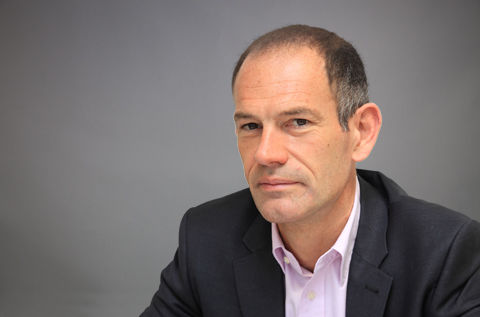New “Call In” and scrutiny powers for NHS service changes
25/01/24A new power for the Secretary of State (SoS) to “call in” NHS services changes will come into effect on 31st January 2024, together with regulations requiring NHS bodies to notify the SoS of service changes, and modifications to local authority scrutiny arrangements.
Duty to notify the SoS of reconfiguration proposals
With effect from 31st January 2024 NHS commissioners (ICBs and NHS England) are required to notify the SoS when an NHS body has a proposal for a substantial development or variation of the health service in the area of a local authority.
If an NHS provider is leading the reconfiguration proposal, the relevant commissioning body should submit a notification form on their behalf. Where multiple NHS commissioning bodies are commissioning a service, they should nominate a lead commissioner to make the notification on their behalf.
The duty to notify will not apply where the NHS commissioning body is satisfied that a decision has to be taken urgently because of a risk to safety or welfare of patients or staff.
“Call in” of NHS Service Changes
The new call-in power allows the SoS to intervene in NHS service changes at any stage. Previously, the SoS could only determine the outcome of a reconfiguration following a referral from a local authority health overview and scrutiny committee (HOSC).
The accompanying statutory guidance indicates that the call in power will only be used in exceptional cases. Most reconfigurations will continue to be managed at a local level and will not require ministerial intervention. NHS commissioning bodies and local authorities will be expected to take all reasonable steps to try to resolve any issues concerning local proposals.
However, where organisations or individuals have concerns about a proposed reconfiguration of NHS services, they can write in to request that the SoS consider using the call-in power to take a decision on the proposal.
In order for a request to be considered it must show that:
- there are concerns with the process that has been followed by the NHS body concerned (eg. the adequacy or length of consultation or the way in which options have been developed); or
- a decision has been made and there are concerns that the proposal is not in the best interests of the health service in the area.
Before making a decision on a called-in reconfiguration proposal, the SoS must provide interested parties with the opportunity to make representations in relation to the proposal.
From the date that the call-in process commences the SoS must take a decision on any called-in proposal within six months. That decision could include whether the proposal should proceed or not; or whether there are procedural steps that need to be taken before the proposal is considered further.
Changes to health scrutiny arrangements
With the introduction of the “call in” power, the regulations which apply to health scrutiny have been amended to remove the formal power of health overview and scrutiny committees to “refer” substantial service change proposals to the SoS. Instead, the HOSC will have the same ability as other organisations and individuals to request that a service change proposal is called in.
What does this mean for you?
Most NHS bodies are currently contemplating service changes, whether to
- improve quality and efficiency
- address staffing shortages
- enhance their facilities through capital projects including the New Hospital Programme.
These legislative developments do not change the underlying approach to NHS service change. They do, however, make it easier for organisations and members of the public to escalate any concerns that they have about those proposals or the process adopted by the NHS in reaching a decision on them.
How Capsticks can help
We have supported some of the most significant and ground-breaking service transformation programmes in the NHS, such as the review of acute stroke services in Kent and Medway; the Clinical Services Reviews in Dorset and Lincolnshire and the establishment of an elective orthopaedic Centre in North West London. We regularly defend NHS service changes against judicial review challenges in the High Court and Court of Appeal. We also offer Board briefings and in-depth training for programme teams on legal compliance and best practice when undertaking service change.
If you have any queries around what's discussed in this article or require more information on how the above will affect your NHS organisation and how Capsticks can support you, please contact Peter Edwards or Anita Rao.





